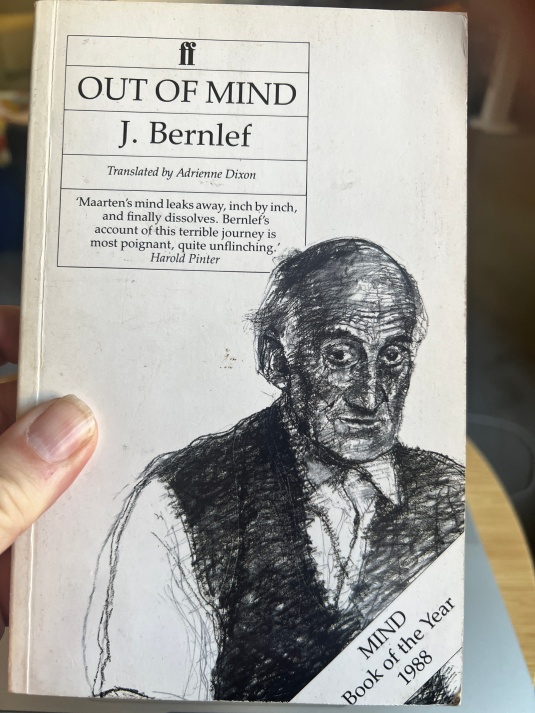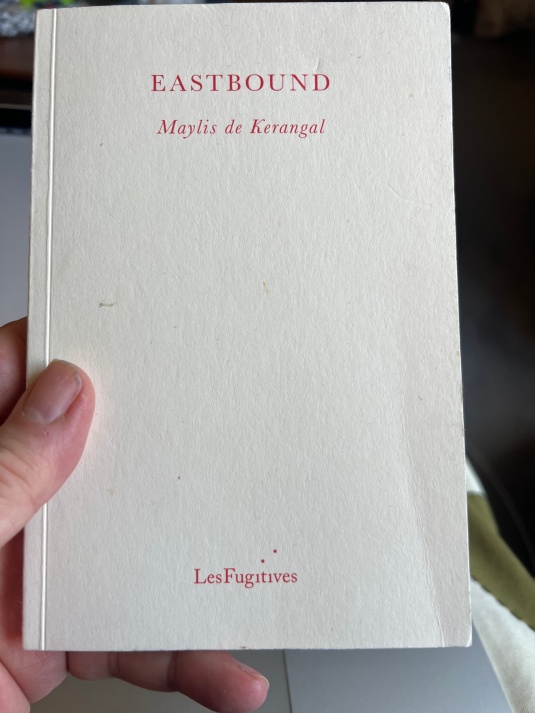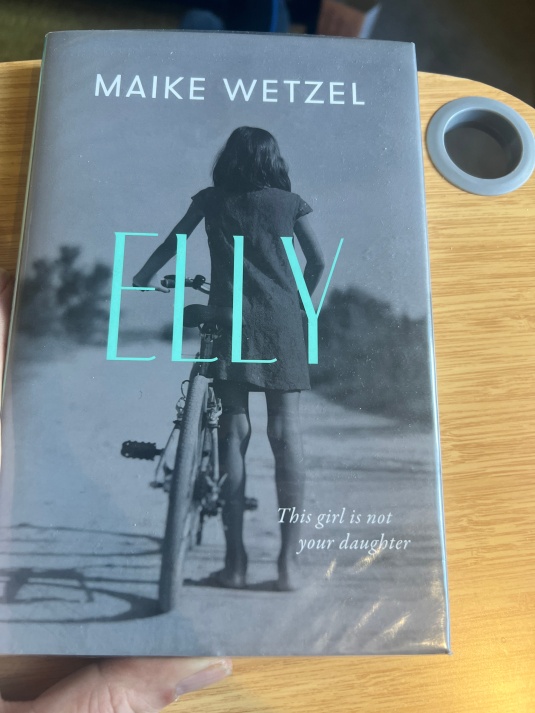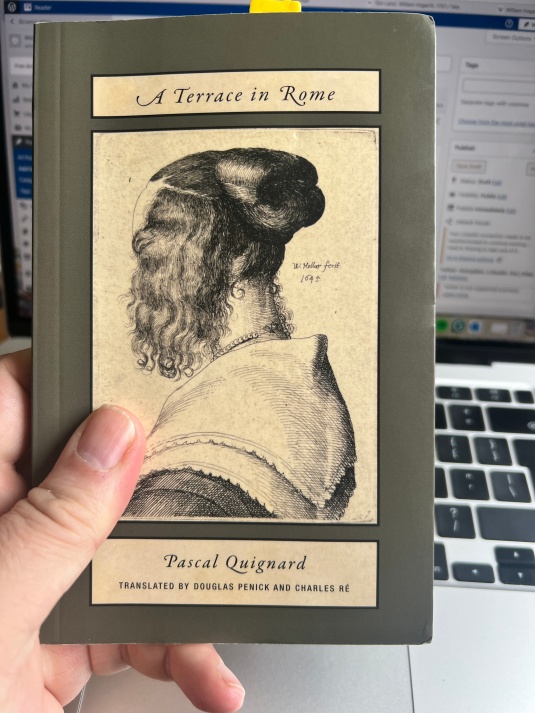French Windows bt Antoine Laurain
French fiction
Original title – Dangereusement douce
Translator – Louise rogers Lalaurie
Source – review copy
I have reviewed seven of the nine books that have come out so far from Antoine Laurain. He is the same age as me. I think that is why I connect with his fiction so well as a reader, as his points of reference are always things I remember. He is a light read. I chose today because I always read a book by him at the weekend. He is a weekend read. In fact, a warm day and an afternoon like this is the perfect time to get lost in one of his books. He mixes writing styles; this has nods toward Hitchcock’s rear window but other things as we meet a photograph that took a picture of a murder and now can’t take any more pictures.
‘You’ve spoken about your professional life, but not your private life.’ It’s a question I hesitate to ask, but it’s a necessary question all the same. Some patients develop an urgent case of verbal diarrhoea when they hear these words. But not here, not now.
All she says in reply is:
“Yes.’
‘Do you want to talk about it?’ I ask. But her answer is a reassuring silence. I’m not sure I’m in the best frame of mind for a string of childhood stories, each more sordid than the last.
In truth, analysis is quite boring. Every now and then a patient will stand out from the crowd – gifted, intelligent, succinct in their answers – you can spot them straightaway.
Her frst visit to Dr Faber
Nathalia Guitry is a successful photographer. She lives in an apartment building with five floors, and whilst taking pictures, she sees a murder. This leads her to the door of Dr. Faber for therapy. When he suggests a way to get her mojo for photography back. Why does she not write about her fellow residents? This may explain what happened with the photograph, so we see Nathalia as she returns with a picture of all her fellow residents. Start with the actor come YouTube star. This captures a social infuser well in describing how they became a YouTube star. I loved a part later on a former resident that is in FIFE IN scotland as we see Nathalia paint the life o those around her or does she this is a great question is this the truth is she a reliable narrator? Who is the Japanese woman, and why does she only come home a couple of weeks a year to her apartment? Who is the killer?
‘Hi. Yes, I know where this is — it’s the Lady’s Tower in Elie, Scotland. I punched the name into my search engine straightaway and found more pictures of my tower, together with an explanation of its curious name. I’ll tell you about that later.
Now I’m passing by a tall mill on the edge of Saint Monans, a fishing village with a harbour, and a church that overlooks the sea. I pause to buy a small bottle of water – walking in the wind makes you thirsty. In front of the church, the cemetery’s dishevelled tombstones look as if they’ve been here since the dawn of time. I check my GPS; I’m on the right trail, I’m almost there. Keep to the coast path all the way along. I find a route right beside the water, before climbing up to the heathland once again. The sea is quite rough. I am showered with spray.
I remember walking between Elie and St Monans with my grandfater thirty odd years ago loved this part of the book.
I said I am a fan of his books. This is a great book as it mixes style, part therapy, middle-aged person on the edge, part mystery, then adds the scenes in Scotland as an aside. It is easy to mention books about buildings set in France. Perec jumps to mind, or the Jacobian Building, another around a building with interesting characters. With the murder she saw in the building, it is easy to see the Rear window as an influence, except he has flipped the story as the murder is at the start. But for me, the biggest influence may be Murders in the Building, the Disney comedy-drama that has been running for a few series. It has a murder like this and also quirky people living in the building a nod towards it with social media stars in both stories he has taken all this added a trip to FAife I loved this section talk about Elie where my gran and Aunt used to live. He is great at grabbing a reader for a few hours of wit and capturing Parisian life. Have you ever read any books from him? Do you have a go-to weekend easy-read writer ?
Winston score – A another slice of Laurain wit and Paris as we discover a murder or do we
















